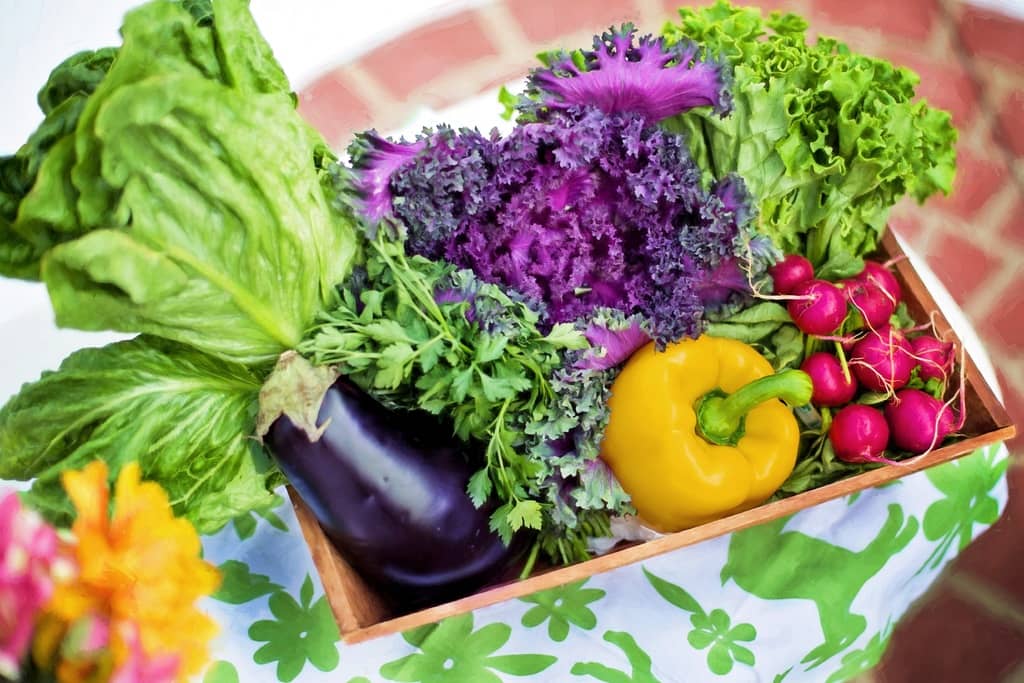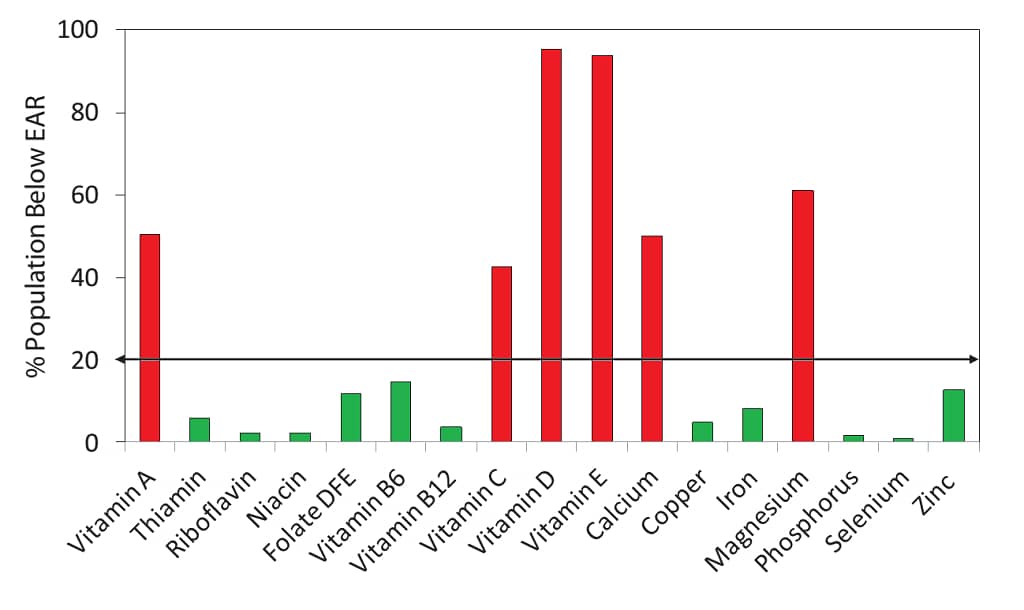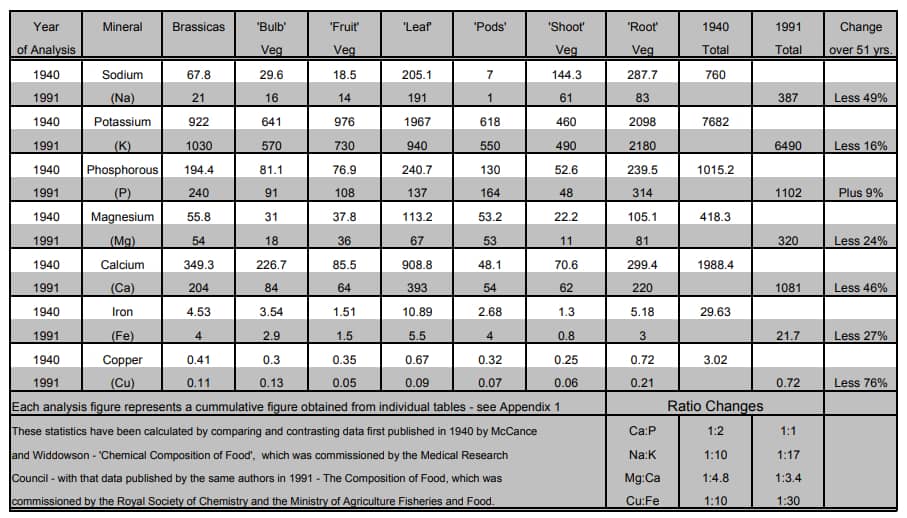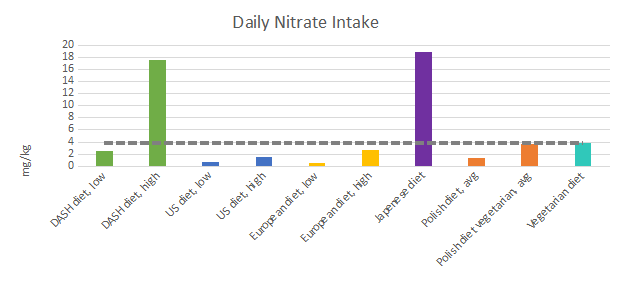AN EPIDEMIC OF NUTRIENT DEFICIENCY IS CONTRIBUTING TO CHRONIC DISEASE

We’ve known for centuries that deficiencies in specific nutrients cause disease.
This first became apparent in sailors making the trans-Atlantic voyage without any access to fruits. The sailors became sick and ill during the long voyage but upon consumption of oranges and other fruits enriched in Vitamin C, the sailors got better. Later research revealed that scurvy is caused by lack of Vitamin C.
Similarly, diseases like pellagra, beriberi, anemia is a lack of Vitamin B3, B1 and iron respectively.
Today there are guidelines for specific nutrients that one needs to consume in order to prevent specific disease.
Most Americans are Deficient in Many Essential Vitamins and Nutrients
The recommended daily allowance (RDA) are levels that provide a probability of 97.5% of adequacy. The estimated average requirement (EAR) is an estimated requirement for 50% of the population. These guidelines were set for specific nutrients needed to prevent symptoms of specific disease. They do not provide guidance on what is required for optimal biochemistry and metabolism.
The National Health and Nutrition Examination Survey (NHANES) provides routine data on the percent of the population that has a nutrient usual intake below the EAR.
Data in Figure 1 below from more than 10 years ago reveal that most Americans are deficient in many essential vitamins and nutrients. It has only gotten worse over the past decade.

Figure 1: Percentage of the adult population (aged < 19 years) with vitamin and mineral intakes below the EAR for individuals (data from NHANES 2001-2008). Usual intakes from foods were estimated by using the National Cancer Institute (NCI) method (Agarwal, 2014).
What is not shown on this figure is iodine deficiency. Approximately 95% of Americans are deficient in iodine. Iodine is needed to make stomach acid and iodine is needed for proper thyroid function. Is it any wonder we have an epidemic of hypothyroidism?
Our Crops and Foods Contribute to Nutrient Deficiency
In fact over the past 70 years, the mineral content of our crops and foods has decreased. See chart below.

The way our food is grown today leads to nutrient deficiency in our food supply.
Lack of crop rotation, use of herbicides, push for organic vegetables without the additional of nitrogen based fertilizer all lead to nutrient depletion in our soil and as a consequence in our food. The demands to feed a growing planet population has led to less healthy and less nutritious foods.
The most important nutrient missing from our diet is nitrate. Although the figures and charts above reveal a significant problem in many nutrients, vitamins and minerals, what is not reported is the deficiency in nitrate from our foods.
This may be one of the most important nutrients. Lack of nitrate in the diet leads to nitric oxide deficiency and increased risk of cardiovascular disease, diabetes, Alzheimers, etc.
We published years ago that vegetables grown in different regions of the U.S. have as much as a ten times difference in their nitrate content among the same vegetable. Organically grown vegetables have on average ten times less nitrate than conventionally grown vegetables. As a result, you cannot eat enough organic vegetables to get enough nitrate to support nitric oxide production.
As a comparison between different dietary patterns, we analyzed the nitrate content of several ethnic diets below.
As you can see, the Japanese diet which is recognized as one of the most healthy and nutritious dietary patterns in the world is replete in nitrate. On the other hand, the Standard American Diet (SAD) diet is completely devoid of nitrate.
This, folks, is what is contributing to our chronic health problems. Many people try to eat a healthy diet and many people eat strictly a plant-based diet to improve their health. However, no matter what dietary plan you follow, the food we eat is not providing the right nutrients in the right amount for what our body needs to do its job.
This is a major problem. Until we address these deficiencies, we cannot expect the health of Americans to improve.

A Farm Doing it the Right Way: High in Nitrate, Better Tasting Vegetables
There is one farm in Ohio that is actually doing it right. The Chef’s Garden understands the issues our food supply is facing and has taken steps to grow and provide the highly quality vegetables on the planet.
They conduct soil analysis, rotate crops and harvest their vegetables at the time of optimal nutrient density. In fact, these vegetables have the highest amounts of nitrate of any vegetables I have tested.
While all of that is important, the most impressive part of what they do is the taste. I’ve never tasted vegetables that taste as good as those from the Chef’s Garden. Also, they test all of their vegetable to ensure they are nutrient dense.
Management of chronic disease here in the U.S. is atrocious. Cardiovascular disease, cancer, diabetes and Alzheimers continue to kill most Americans despite billions of dollars spent on research and new drugs. Let’s not forget, food is medicine and medicine is food.
This, however, only holds true when the food we eat provides good nutrition and is not impregnated with harmful chemicals. Most if not all chronic disease is due to nutrient deficiency. We must give the body what it needs and it will heal itself. Take steps to remedy nutrient deficiency and your body will thank you for it.
4 Steps to Improve Our Nutrition
1. Stop using mouthwash and fluoride toothpaste. We rely on good bacteria for metabolism of certain nutrients, especially nitrate.
2. Stop using antacids. We need stomach acid to absorb many nutrients including B vitamins, iron, iodine, selenium and zinc. If you are taking antacids, your body will not absorb these even if you supplement or getting through your diet.
3. Get your vegetables and food from a reliable source. The best choice I have found is the Chef’s Garden.
4. Supplement your diet with good, high-quality supplements that include trace minerals and nutrients. You must supplement, since it is obvious and apparent we are not getting the nutrients we need from our diet.
If you are suffering from a chronic disease that is poorly managed by your physician or if you want to avoid getting a chronic disease, you must make changes now and give your body what it needs. It is really that simple.
